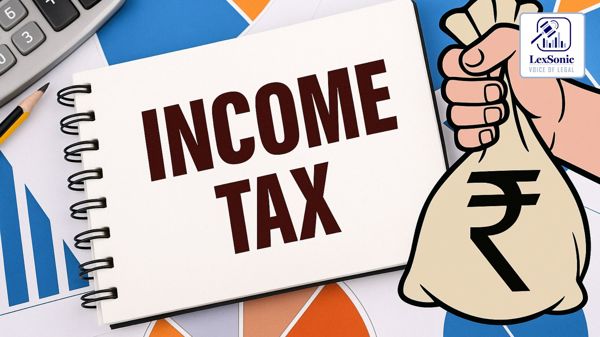Beyond Valuation: Unpacking the Legal Landscape of Income Tax Reassessment.
09 September 2024
Income Tax >> Tax Laws
The recent judgments concerning writ petitions between Divine Infracon Private Limited v/s Deputy Commissioner Of Income Tax Central Circle -18, New Delhi shed light on the intricacies of reopening assessments under the Income Tax Act, particularly through notices issued under Section 148. These petitions were filed by a private limited company involved in real estate trading and hotel operations, challenging the reassessment initiated for the assessment years (AY) 2010-11 and 2011-12 based on a valuation report from the District Valuation Officer (DVO).
Background of the Case:
A search operation under Section 132(1) of the Income Tax Act was conducted on September 14, 2010. The petitioner filed its income tax returns for AY 2010-11 and AY 2011-12, declaring nil income and Rs. 12,87,070, respectively. During the original assessment, the Assessing Officer (AO) raised the assessed income significantly—Rs. 35 crores for AY 2010-11 and Rs. 14,76,960 for AY 2011-12.
Despite appeals against these assessments still pending, the AO issued notices on March 30, 2015, citing an alleged escapement of income based on a valuation report that estimated renovations of the petitioner’s property at a staggering Rs. 211.99 crores, a stark contrast to the declared amount of nil.

The Legal Question:
The primary question was whether the DVO's report could alone justify the issuance of notices under Section 148. This hinges on the interpretation of “reason to believe,” which is crucial for the AO's jurisdiction to reopen an assessment. The law requires a tangible connection between the evidence and the belief of income escapement.
Arguments from Both Sides:
The petitioner contended that the DVO’s report lacked sufficient grounds for reassessment, emphasizing that the AO did not consider the company’s books of accounts adequately. They argued that the company had accurately reported its asset value, which exceeded the DVO's estimate. Thus, the presumption of income escapement was arbitrary and not grounded in factual analysis.
On the other hand, the Revenue's counsel maintained that the court’s review of such notices is limited and that the AO need only establish a prima facie belief based on new, concrete information. They cited precedents where the reopening based on DVO reports was upheld, suggesting that the sufficiency of the grounds is not a matter for judicial review.
Judicial Findings:
The court examined precedents set by the Supreme Court, notably the cases of Bawa Abhai Singh and Dhariya Construction Company. It emphasized that the mere opinion of the DVO cannot serve as a standalone basis for reassessment; rather, the AO must critically evaluate the information presented and apply their mind to the specifics of the case.
In the judgment, the court found that the AO had failed to establish a clear link between the DVO’s valuation and the belief that income had escaped assessment. The court noted that the AO’s reasons did not reflect an examination of the actual figures reported by the petitioner, which demonstrated that the declared value of the property significantly exceeded the DVO’s estimate.
Conclusion:
The court ultimately ruled in favor of the petitioner, quashing the notices issued under Section 148 for both assessment years. This case serves as a reminder of the importance of substantiating claims of income escapement with concrete evidence and demonstrates that merely relying on a valuation report without thorough examination is insufficient for initiating reassessment proceedings. The decision reinforces the need for AOs to apply their minds critically to the material at hand, ensuring that any reassessment actions are firmly grounded in reality and law.